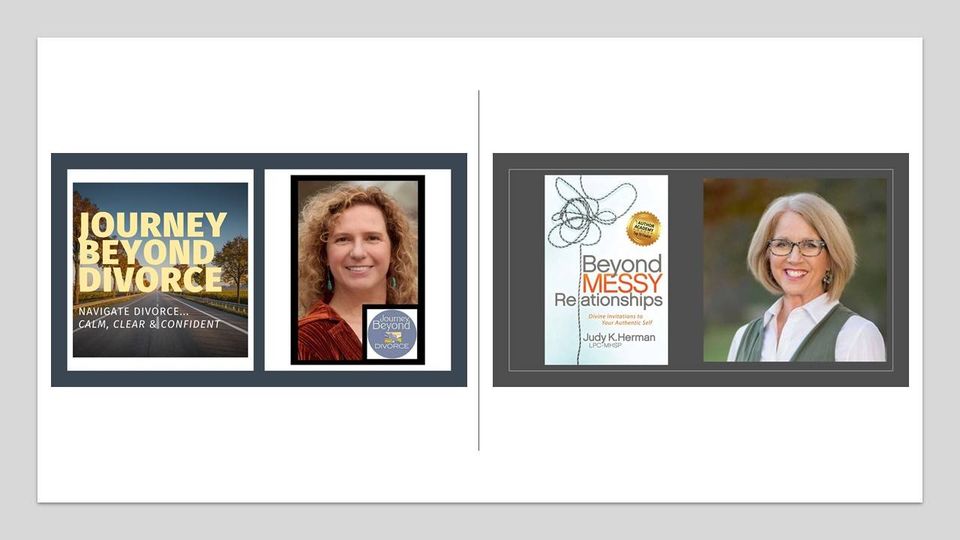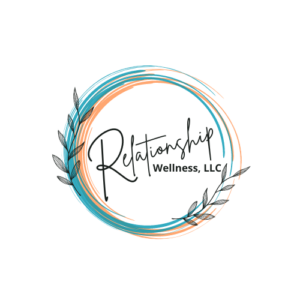I was trying to squeeze too much into my day and said “yes” when I should have said, “not now.” I began feeling regret and anger with myself for missing out. Really, I made the wrong decision. We all know what that feels like. As we face our not-so-good decisions, can know how to transform regret into powerful life lessons.
Some folks say they intend to live with no regrets. And I think, really? Is that even possible?
I don’t believe we can live our entire lives without regrets.
No matter how intentional we are, we all experience regrets. Those of us who admit our regrets can become stuck in sadness with focused attention around helplessness. There’s nothing I can do about it now. Others ignore the regrets because the feelings are too painful.
Instead, it’s important to learn from regrets so we can make necessary changes.
With her care of people through hospice work, Bronnie Ware identified the five regrets of the dying. This list has been in my planner all year.
1. Have the courage to live life true to yourself and not what others expect.
Ancient literature reminds us of how universal fear is to our humanity. I highlighted several references of God’s message to Joshua in my Bible. Joshua was the one to champion the nation of Israel into the promised land. (Old Testament, book of Joshua) There’s several phrases of Be strong and of good courage along with more messages of Do not be afraid.
Notice that a pre-requisite for courage is fear. Let’s face it. We are all fearful at times. I believe fears (or any emotions we experience) are invitations to us from God to grow. Fear and courage are a necessary part of our growth.
2. Don’t work so hard.
We need to honor the God-given design of our bodies. Our brains need sleep, and our bodies need nutrition and exercise. Dr. Dan Seigel has a great diagram of our daily requirement for a healthy mind. Too many of us have stress-related health issues, and strained relationships due to overwork.
3. Express feelings.
Many of us don’t have words to describe how we feel. Or we may be constantly on the go and don’t notice our feelings. When we’re triggered in an instant, we fail to pause and explore what might really be going on. Instead, we medicate with social media or screen time.
4. Stay in touch with friends.
I fall short in this category and must admit I’d never been to any of my high-school reunions. Even though we have years of disconnect from former friends, it’s never too late to fill in that gap.
Not only is it healthy to nurture individual friendships, but it’s important to grow our marriages through couple friends. Recent research indicates friendships with other healthy couples increase happiness and partnership in marriage.
5. Let yourself be happy.
Some of us take ourselves way too seriously. In a social or network setting, rather than asking someone, “What do you do?” That question likely brings up subconscious judgements about that person. Instead ask “What do you do for fun?”
So many of us who put our identity into our professions or the initials behind our names. But what’s important is to remember that having fun helps us stay emotionally grounded. That question: “What do you do for fun?” allows us to pause and even be intentional about making time to have fun. Plus, it’s a great way to connect beyond our titles and what we do for a living.
Somehow we learn a lot about a person (and ourselves) when we share what we like doing for fun.
Remember, don’t let a powerful life lesson pass you by. Face regrets and take these five lessons to heart:
- Be courageous and true to yourself
- Relax from work
- Express your feelings
- Enjoy friendships
- Be happy. (Have fun)
Tune in with “Relationships and Regret”




